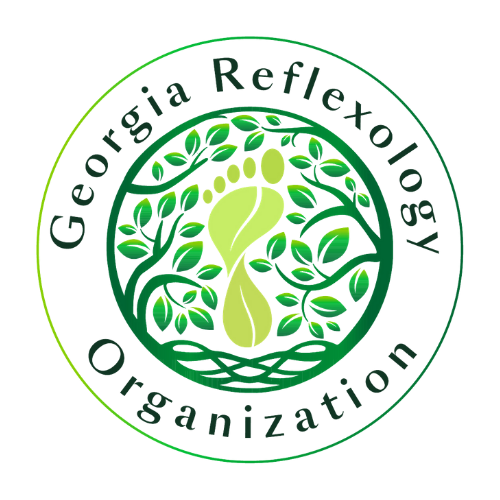
Frequently Asked Questions
What is Reflexology?
Reflexology, an integrative health practice, maps a reflection of the body predominately on the feet, hands and outer ears. It uses unique manual techniques to deliver pressure to neural pathways assisting the body to function optimally. (Reflexology Association of America - 2019)
Is there any scientific basis to Reflexology?
In the 1890s knighted research scientist, Dr. Henry Head, proved the neurological relationship that exists between the skin and the internal organs. Nobel prize winner, Sir Charles Sherrington proved that the whole nervous system and body adjusts to a stimulus when it is applied to any part of the body. In Germany, Dr. Alfons Cornelius observed pressure to certain spots triggered muscle contractions, changes in blood pressure, variation in warmth and moisture in the body as well as directly affecting the “psychic processes†or mental state of the patient. Currently research studies to further validate reflexology are being conducted in many countries including Switzerland, Denmark, USA and Australia. In Japan and Denmark reflexology has been incorporated into the employee health programs of several large corporations saving each company thousands of dollars annually. The American Academy of Reflexology teamed up with Dr. Terry Oleson and conducted a study on the positive effects Reflexology has on PMS symptoms. This study was published in Obstetric & Gynecology in December 1993. Over 300 Reflexology research studies on over 150 health challenges have been conducted around the world.
What are the benefits of Reflexology?
Many of our health problems can be linked to stress. Reflexology is primarily a relaxation technique. Reflexology can negate the effects of stress while it helps the body relax. Through relaxation the body is able to help itself deal with any problem it may be experiencing. Some of the frequently reported benefits of Reflexology are relief and elimination of pain in the neck, shoulders, lower back, sciatica, reduction or elimination of pain in the head (headaches), reduction of the effects of long-term stress and tension in the lungs, stomach, colon (large intestines) and much more.
How does Reflexology solve stress?
Reflexology gently nudges the body towards better functioning by improving lymphatic drainage, circulation, breaking down calcification between nerve pathways, and muscle relaxation.
What alignments does Reflexology help?
Reflexologists do not practice medicine in any form. They do not diagnose any medical disorder. Nor do they prescribe or adjust medications. Reflexology is not a substitute for medical treatment, but is a complement to any type of medical treatment or therapy. Though serious reaction to a reflexology session is rare there are situations where the use of reflexology is not appropriate. The professional reflexologist always uses discretion when working on chronic and/or degenerative diseases.
Is Reflexology painful?
No, reflexology should not be painful because the primary goal is relaxation.
What does it mean when some areas are sensitive during a session?
Sensitivity is an indicator of where the body is holding tension.
Can Reflexology guarantee good health?
Reflexology is not a panacea for all ills, nor can it guarantee good health. However, it can be incorporated into an overall healthy lifestyle which includes attention to diet, moderate exercise, and different forms of stress reduction.
